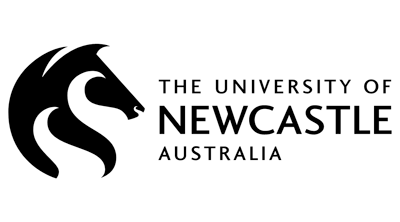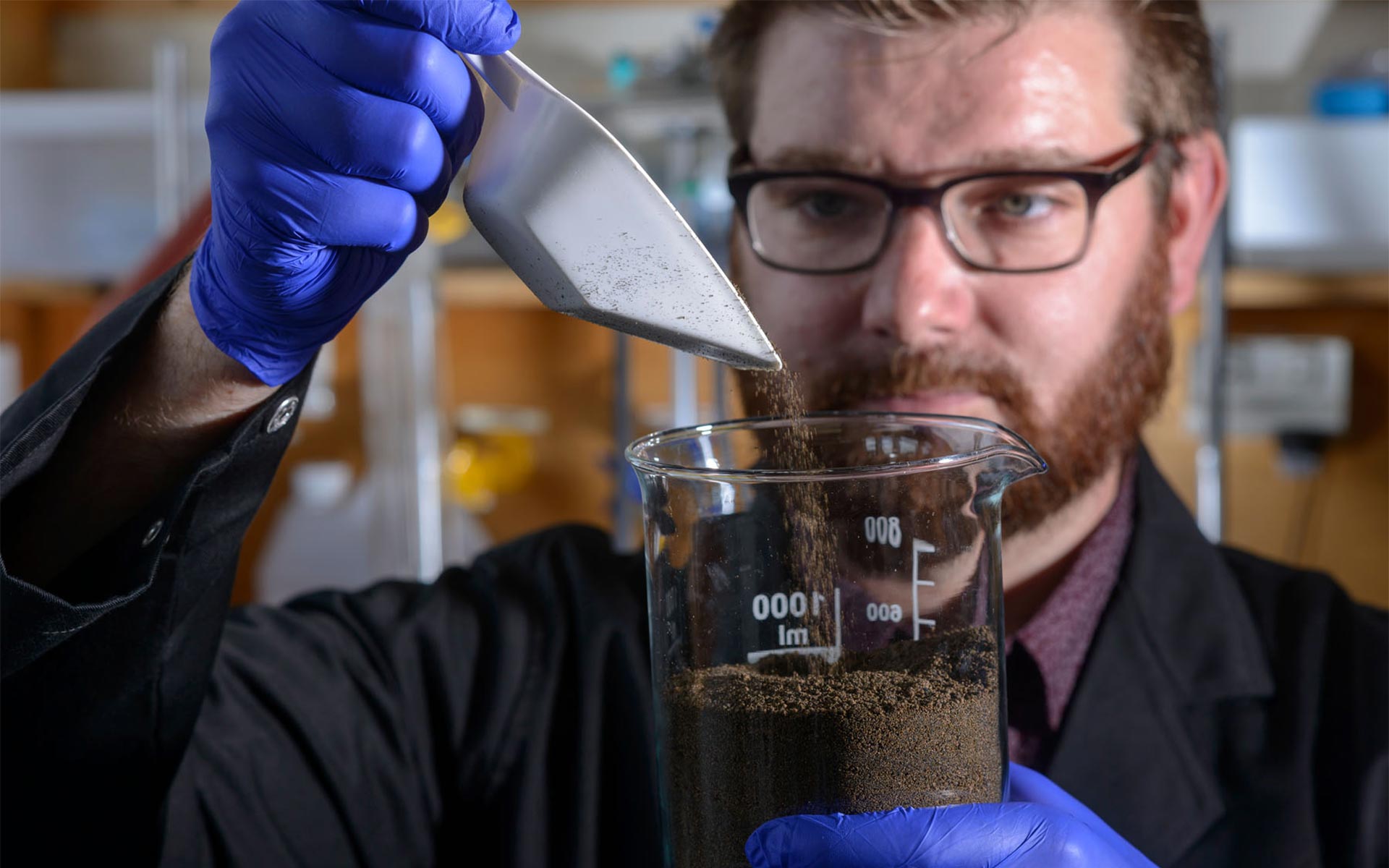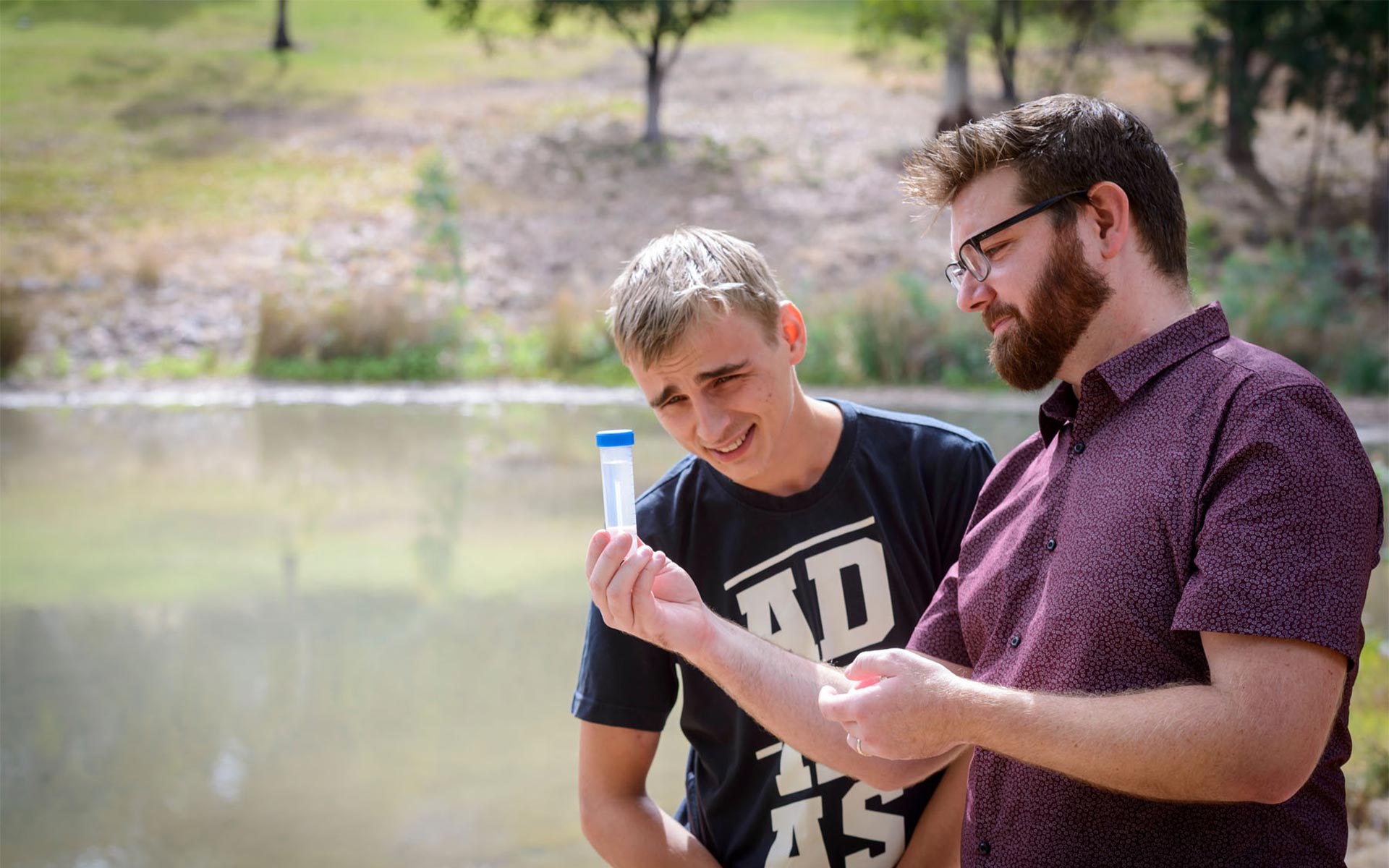Economical Technologies for the Detection and Remediation of Water Contaminated with Perflourinated Substances
Project Summary
This project developed cost-effective technologies for sensing and removal of perfluorinated alkyl substances (PFAS) from water.
Project Outcomes
The team has developed a simple sensor for monitoring PFAS. There is potential to use this as a robust and portable smart-phone interface. This research was published in a peer-reviewed journal (Analytical Methods, 2019, 163-170), and led by team members Cheng Feng, Youhong Tang and collaborators.
Team members Chalker, Hayball, Sweetman and Plush developed new sorbents to remove PFAS from water. The sorbent features a unique polymer and carbon blend made from waste and/or sustainable feedstocks. This sorbent was validated on field samples of water contaminated with PFAS and the sorbent was also integrated into a mobile and modular filtration unit. This technology is subject to a provisional patent.
Hayball, Chalker, Sweetman and Plush used these pilot studies to prepare and submit a proposal to the Australian Research Council (ARC) Special Research Initiative on PFAS. The proposal was successful in securing $497,638 from the ARC. The primary aims are an expansion of the current DIP project and will focus on up-scaling polymer production for larger-scale field tests and product development with the industry partners Puratap and Membrane Systems Australia. Additionally, the project also details much needed methods to regenerate the sorbents and convert the PFAS into innocuous substances.
The publication of this research has resulted in substantial interest from industry. Several remediation firms, airline industry, and consulting firms have reached out to discuss potential projects.






